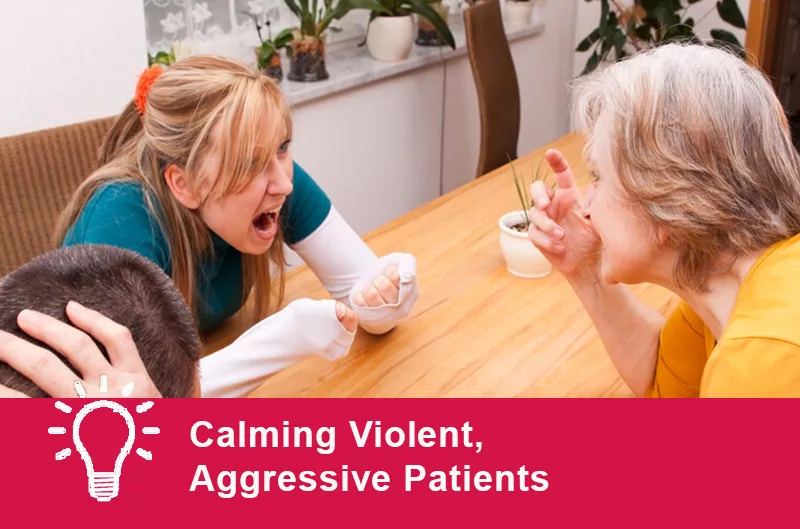In many cases, it will be immediately clear when an aggressive patient needs to be sent to the ER, says Ruth Gerson, MD, Director at the Bellevue Hospital Children’s Comprehensive Psychiatric Emergency Program in New York, NY. If a patient is hurting people, including himself, and you determine a clear and present danger, immediately arrange transportation to an ER using 911 services, says Gerson.
However, she adds that other outbursts can be deescalated in the psychiatrist’s office. In an Expert Q&A, Gerson did with The Carlat Child Psychiatry Report, she offers the following advice on understanding how to calm aggressive or violent patients:
Subscribers can read the full Expert Q&A in The Carlat Child Psychiatry Report, including advice on how to evaluate children who have injured themselves. Not a subscriber? Join here.
However, she adds that other outbursts can be deescalated in the psychiatrist’s office. In an Expert Q&A, Gerson did with The Carlat Child Psychiatry Report, she offers the following advice on understanding how to calm aggressive or violent patients:
- Figuring out the trigger: It’s important to step back and look at the trigger for the outburst. Did the mom set a limit? Did a child tease him at school? Did a parent tell the psychiatrist something the child is embarrassed about? Was he recently talking about a traumatic experience? Or, is he getting aggressive because he’s paranoid or hearing voices?
- Understanding reactive aggression: Most children have reactive aggression, which is a reaction to a provoking trigger. If you help identify that trigger, you can teach your patient a different reaction. If a child starts revving up in your office, help him voice what made him angry and empathize with him. As an example, if you learn that a child is acting up because of an issue with his mom, you might say, “Wow, when your mom said you weren’t working hard on your homework, that really upset you. I can see that.” You’re not approving of their behavior, you’re just showing that you understand and empathize with their feelings, which can calm them down.
- Helping the patient with problem solving: Try showing the patient ways to think about solving the problem. For the patient who got mad when talking about homework, you could ask, “I bet you’ve been trying hard on your homework, but I wonder is there something that’s been making it tougher to do? Was the assignment too hard or confusing, or was something else on your mind?” Often you will discover the child is having learning difficulties or that there are distractions or stressors at home.
- Digging into other possible causes: See if sleep problems, parents’ divorce, teasing at school, or untreated ADHD or anxiety are making your patient more vulnerable to having an aggressive outburst in response to a trigger. Then, you can help the child and family address those challenges.
Subscribers can read the full Expert Q&A in The Carlat Child Psychiatry Report, including advice on how to evaluate children who have injured themselves. Not a subscriber? Join here.


_-The-Breakthrough-Antipsychotic-That-Could-Change-Everything.webp?t=1729528747)



